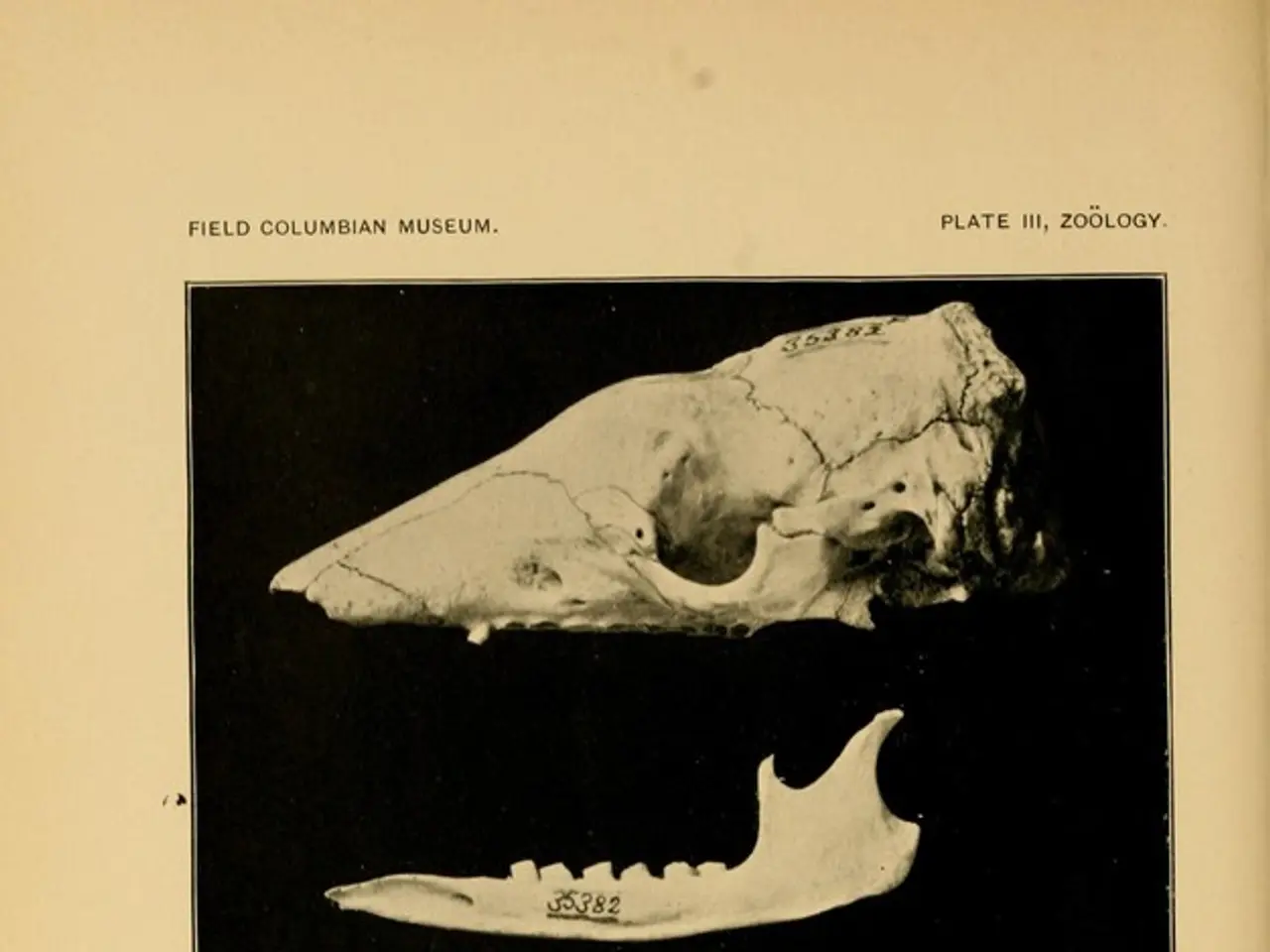Specialist Osteoporosis Consultant: Insights and Patient Outlooks
In the management of osteoporosis, a wide range of healthcare professionals play crucial roles. While primary care doctors, rheumatologists, endocrinologists, and geriatricians are often the first point of contact, orthopedic specialists are key players in treating osteoporosis and related bone conditions.
Orthopedists, specialists in bone and joint health, are particularly involved when fractures or advanced bone degeneration occur. Specialized osteoporosis treatment centres often include orthopedic teams, providing tailored bone health management and surgical care if necessary.
Nurses specialized in osteoporosis care also play a significant role in supporting ongoing management and patient education about bone health. Other relevant specialists, depending on the complexity of the case, may include nutritionists or physical therapists. These professionals help with bone-strengthening strategies, though they are complementary rather than primary osteoporosis treatment providers.
Rheumatologists, specialists in conditions relating to inflammation in joints, bones, muscles, tendons, and ligaments, may be consulted if a person's osteoporosis relates to a condition involving inflammation, such as rheumatoid arthritis.
Endocrinologists specialize in conditions involving hormonal imbalances, which can contribute to bone loss. Hormonal changes involved in bone loss include decreases in estrogen, testosterone, vitamin D, and insulin-like growth factor 1, and increases in cortisol, follicle-stimulating hormone, and parathyroid hormone.
Physiatrists, doctors who treat musculoskeletal and nervous system conditions, including osteoporosis, can also be part of the treatment team. They may use a combined treatment approach that includes rehabilitation and physical therapy.
Gynecologists specialize in the female reproductive system and can provide valuable insight, as estrogen levels decrease at the onset of menopause, increasing a person's risk of developing osteoporosis.
A dietitian can provide nutrition education aimed at improving bone health, while a physical therapist can help someone learn how to improve their joint function, balance, and muscle strength, and reduce their risk of falling. An occupational therapist can help someone learn how to perform activities of daily living in ways that reduce pain, protect their bones and joints, and conserve energy.
Any person with concerns regarding osteoporosis should consult a doctor who can refer them to a specialist if necessary. A primary care doctor or other specialist can diagnose osteoporosis using a bone density test in combination with other assessments.
In conclusion, a comprehensive approach to osteoporosis management involves a team of healthcare professionals, with orthopedists standing out as the main specialists beyond the commonly known fields. This team often includes nurses, therapists, nutritionists, rheumatologists, endocrinologists, physiatrists, and gynecologists, working together to provide the best possible care for those affected by osteoporosis.
Orthopedists, specialists in bone and joint health, are key players in treating osteoporosis and related bone conditions, particularly when fractures or advanced bone degeneration occur.
Specialized osteoporosis treatment centres often include orthopedic teams, providing tailored bone health management and surgical care if necessary.
Nurses specialized in osteoporosis care also play a significant role in supporting ongoing management and patient education about bone health.
Endocrinologists specialize in conditions involving hormonal imbalances, which can contribute to bone loss, and may be consulted in cases of osteoporosis.







